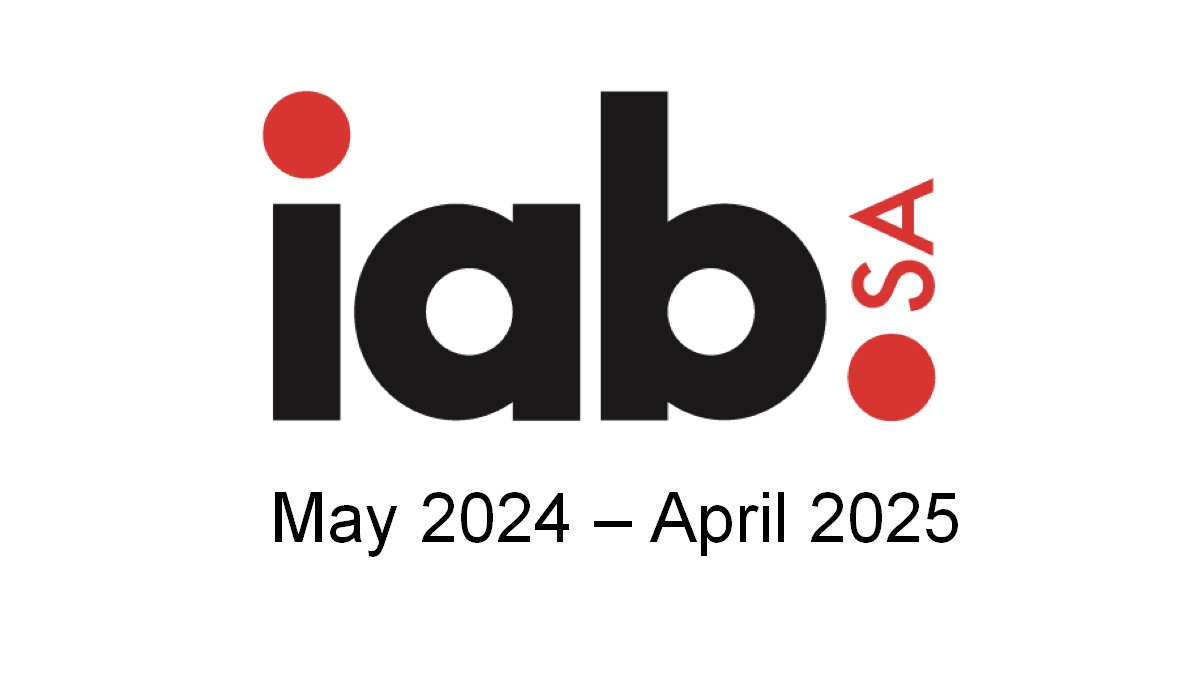Johannesburg – In 2014, popstar Rihanna sued her accountant and financial adviser Peter Gounis for “allowing” her to squander $9-million (R131-million) that nearly resulted in her bankruptcy.
His quip in the media in response to the lawsuit was priceless: “Was it really necessary to tell her that if you spend money on things, you’ll end up with lots of things and no money?”
Conversely, life-long petrol attendant Ronald James Read was such an ardent saver that he had accumulated a net worth of $8-million by the time he passed away at the age of 92.
I often think about these two stories when I’m asked about the importance of saving one’s hardearned money.
Saving is a fundamental part of building wealth. Even the most modest salary can build wealth for an individual who has cultivated the right saving habits, and even the highest-paying jobs can’t prevent you from going bankrupt if you don’t have a solid savings plan (looking at you, actor Nicolas Cage).
Wealth comes from not spending on things or possessions. The premise here is that wealth is not a function of income, it is a function of saving.
It should also be said that there are few things as counterproductive as waiting to save until we earn more.
The majority of people are often surprised when they realise just how much they can save. In light of this, the first step in creating wealth is making “space” for saving.

There is a deceptively simple rule of thumb that can help us to create this space. The 50/20/30 rule provides guidelines for our after-tax income. No more than 50% of your income should be spent on contractual obligations (such as home loan, car repayments, cellphone).
Then, at least 20% of this income should be spent on savings. The remainder can then be spent on discretionary items like clothing, eating out or planning for holidays. Note that “savings” is second on the list, so if you’re spending more than 50% on contractual spend, this should not be at the expense of your savings.
Next, it is important to consider what to do with the money that you save.
Bank accounts are good for saving your money, but you should be thinking about how your money can be set aside in a way that will beat inflation.
Equity-based investment vehicles can protect the buying power of your money over the long-term. Investing builds wealth and if done correctly, may supplement and eventfully replace your primary source of income.
It helps to keep your eye on the bigger picture. Devise a goal for yourself that can keep you motivated.
It is never too early to begin saving – the only real challenge is getting started.
By Paul Nixon.
• Nixon is head of Momentum Investments behavioural finance.
Follow @SundayWorldZA on Twitter and @sundayworldza on Instagram, or like our Facebook Page, Sunday World, by clicking here for the latest breaking news in South Africa. To Subscribe to Sunday World, click here.
Sunday World




